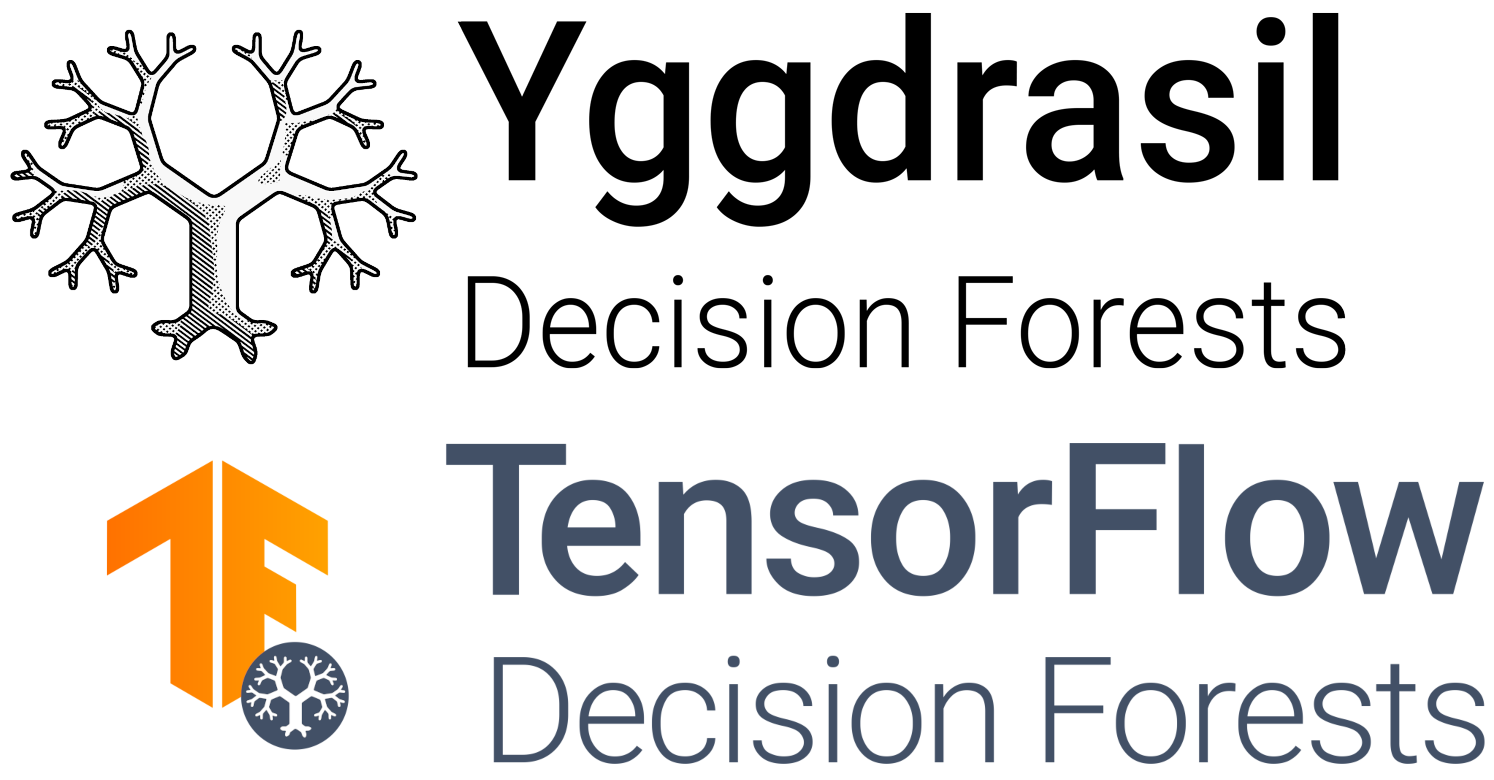Serving model in Go#
The Go API is a Go native API to run YDF models in Go applications. It is available in the yggdrasil-decision-forests/tree/main/yggdrasil_decision_forests/port/go directory.
The Go API is similar to the C++ infernce API.
Limitations#
Not all model types are supported in the Go API. The list of supported model is given in the list below. Reach out to the team if you need Go support to some other type of model.
List of supported models
Binary classification, regression, ranking Gradient boosted tree
Binary classification, regression Random Forest
Binary classification, regression CART
Warning
Multi-class classification models are currently not supported.
The Go implementation is slower (~2x) than the C++ implementation. The
difference of speed can be measured by comparing both the C++ and Go benchmarks
(cli/benchmark_inference and ports/go/cli/benchmark). This is in large part
because the Go implementation is more straightforward than the C++
implementation. Feel free to reach out to the team if this becomes a bottleneck.
Usage example#
We assume an existing model trained with one of the APIs, e.g., a model trained with TensorFlow Decision Forests.
Prepare the model
The first steps are to load the model and get a “serving” (inference) engine for your model. These steps only need to be done once per model.
import (
model_io "github.com/google/yggdrasil-decision-forests/yggdrasil_decision_forests/port/go/model/io/canonical/canonical"
"github.com/google/yggdrasil-decision-forests/yggdrasil_decision_forests/port/go/serving/serving"
)
// Loads the model in memory.
model, err := model_io.LoadModel(runfiles.Path(modelPath))
// Compile / optimize the model for serving. After this statement, "model" can
// be discarded, only the prepared "engine" is needed.
engine, err := serving.NewEngine(model)
// Indices for the input features of the model.
// If "used" is false, the feature is not used by the model.
featureAge, used := engine.Features().NumericalFeatures["age"]
featureCountry, used := engine.Features().CategoricalFeatures["country"]
With the model loaded, and the engine created one can do as many inferences as desired, using the code below. Only the engine is needed now, the model can be discarded.
Inference involves resetting the input features variable to the default value (“missing value” in this case, or any other value), setting the features one by one, then calling the engine to do a (or a batch of) inference.
// Allocate a batch of 10 examples. A batch can be re-used for speed-sensitive
// code. In this case, "examples.Clear()" should be called in between usages.
examples := engine.AllocateExamples(10)
// Allocate the predictions for of 10 examples.
// Note: In this example "predictions" is a []float32 with 10 elements.
predictions := engine.AllocatePredictions(10)
// Set all the feature values as missing. Values can be overridden with the
// "Set*" methods. If all the values are set with "Set*" methods, "FillMissing"
// can be skipped.
examples.FillMissing()
// Set the value of just two examples.
examples.SetNumerical( /*example_idx=*/ 0, featureAge, 30)
examples.SetCategorical( /*example_idx=*/ 0, featureCountry, "UK")
examples.SetNumerical( /*example_idx=*/ 1, featureAge, 40)
examples.SetCategorical( /*example_idx=*/ 1, featureCountry, "JP")
// Generate the predictions of the model on the first two examples.
engine.Predict(examples, /*num_examples=*/ 2, predictions)
// We assume a binary classification model. In this case, the prediction
// contains one value for each example. This value is the probability of the
// positive class.
assert(engine.OutputDim() == 1)
fmt.Println("Probability of true class: %v and %v",
predictions[0], predictions[1])
